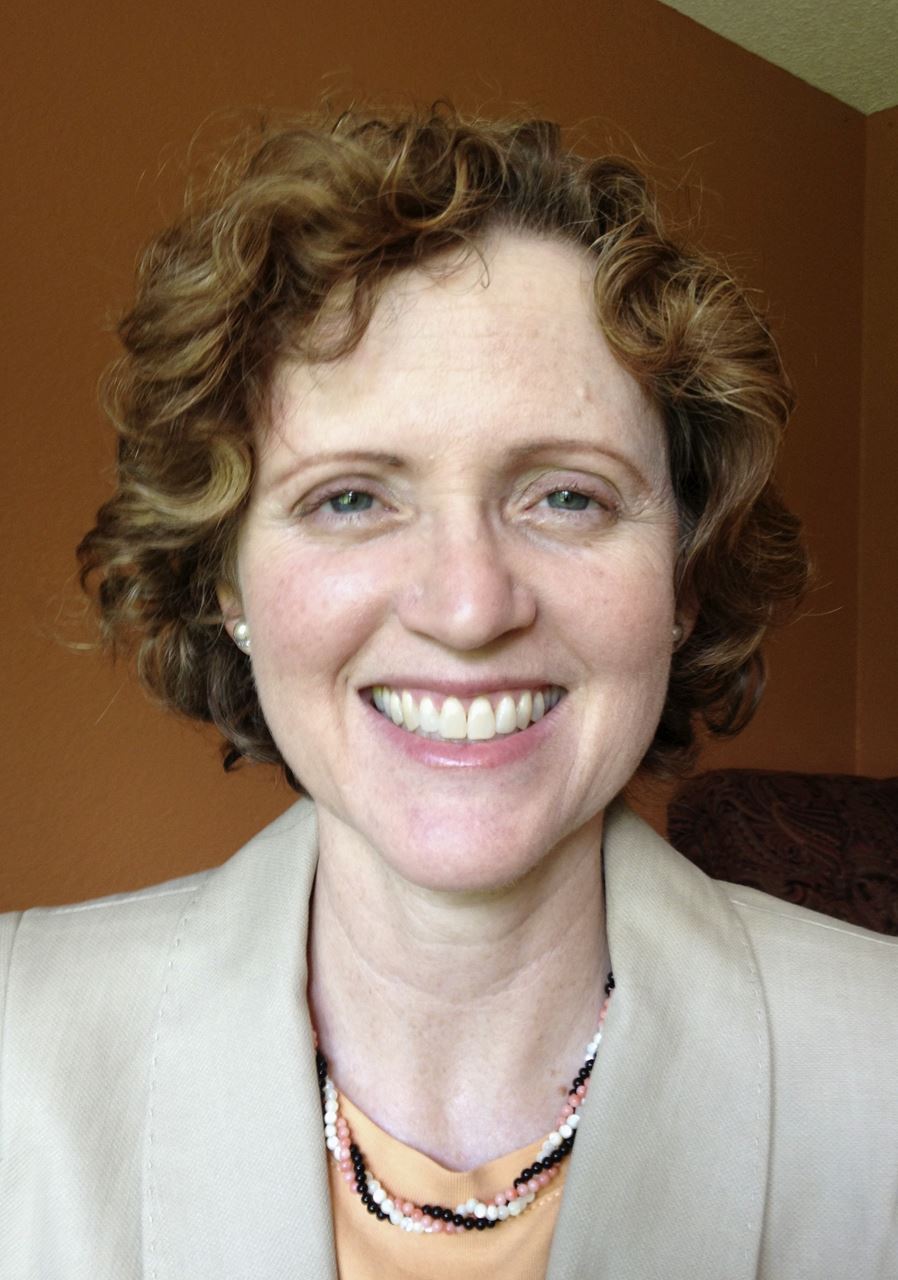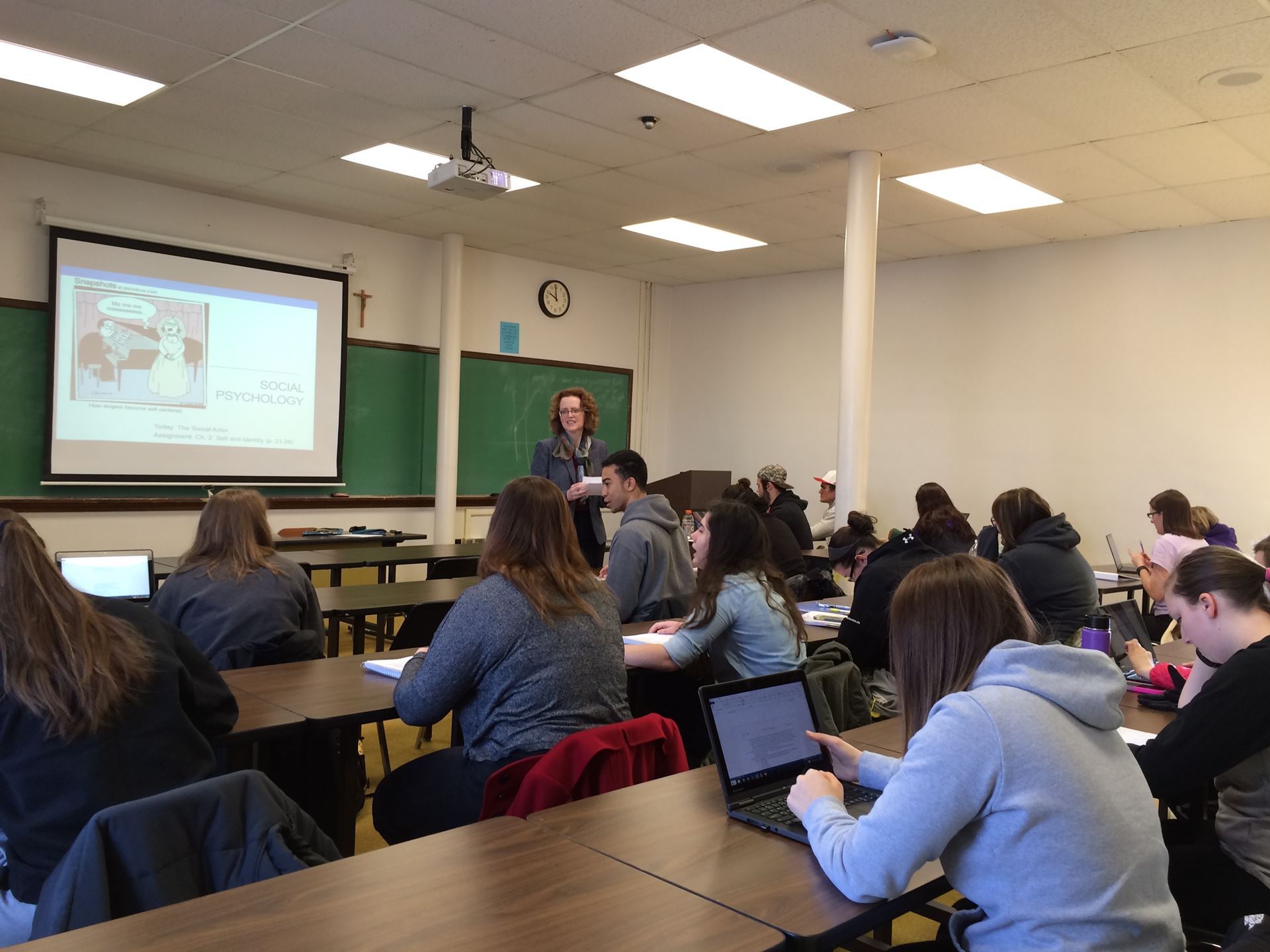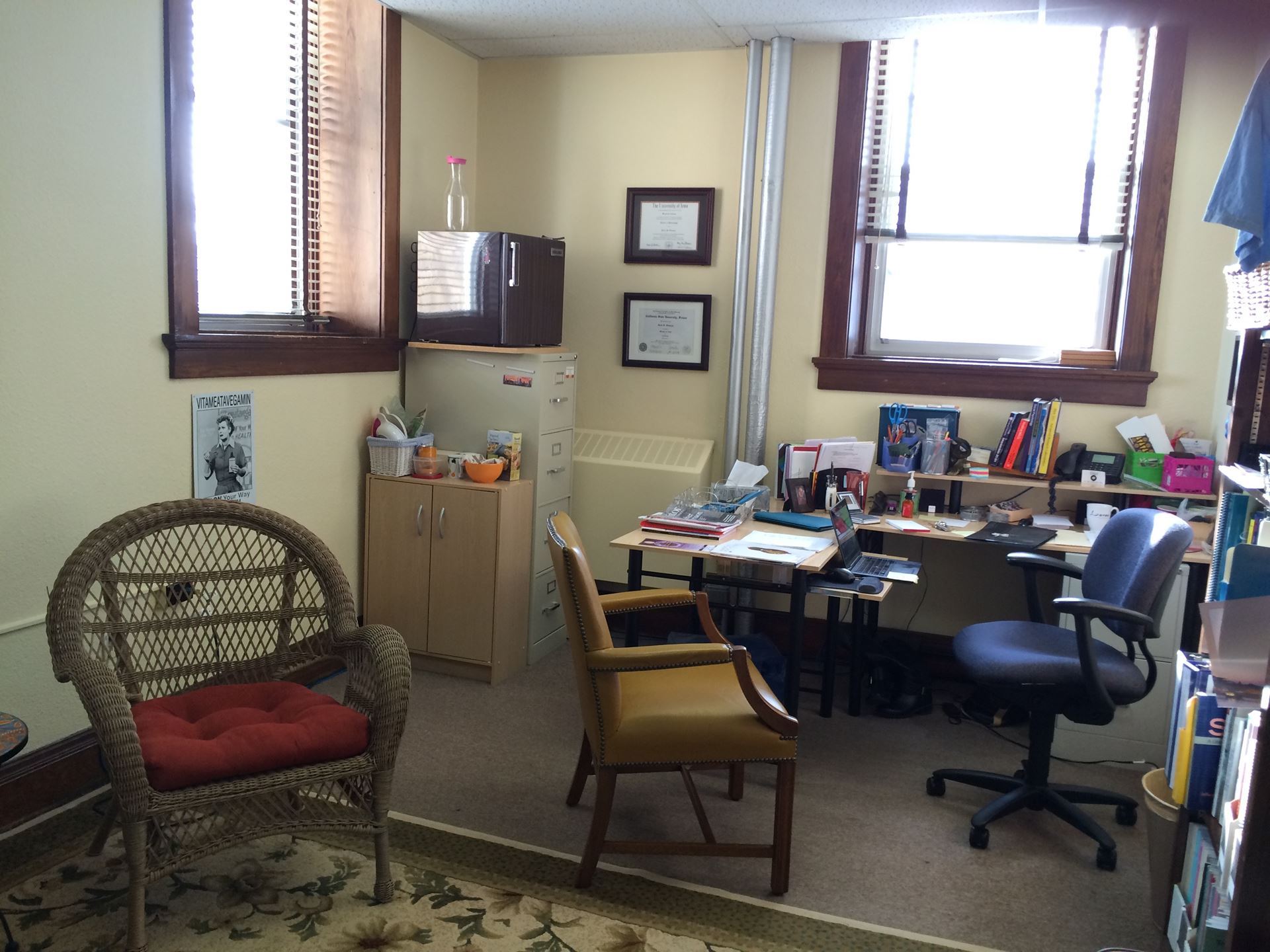 School name: Loras College
School name: Loras College
Type of school: Small liberal arts college
School locale: Dubuque, Iowa – small city
Classes you teach: Introductory Psychology, Research Methods, Social Psychology, Psychology & the Arts, Motivation
Average class size: 25
What’s the best advice about teaching you’ve ever received?
To always be sure I tell students what I want or expect from them, rather than assuming they should just know. Over the years, I’ve expanded this to the more global: Avoid making assumptions about students in general. This includes assumptions about their expectations, previous experience, or intent behind their behaviors. When I approach a situation in the classroom without those kinds of assumptions but with openness and curiosity, my students and I communicate much better with each other.
What book or article has shaped your work as a psychology teacher?
I tend to learn more from talking to or watching other teachers than from reading. Teaching Introductory Psychology: Survival Tips from the Experts, edited by Sternberg, was very helpful when I first started. Right now I’m transitioning to a flipped classroom and for help with that I have learned a lot from the blog, Casting out Nines, by Robert Talbert.
Briefly tell us about your favorite lecture topic or course to teach.
My favorite course to teach is Research Methods. When I was a student, this is the course that convinced me to become a psychologist. Within the first few days of that class, I fell in love with the idea that there were techniques that could allow me to find answers to my questions about the world. It felt so empowering. After many years of teaching, I still enjoy introducing students to research and encouraging them to see it in that way.

Briefly describe a favorite assignment or in-class activity.
One of my favorite assignments was designed while team teaching with a history professor. Students individually chose nonprofit organizations related to causes that had personal meaning to them. For the history component, they wrote papers analyzing the social context and historical background of the larger issue associated with the organization’s mission. For the social psychological component, they each created and delivered presentations using persuasive techniques designed to convince the class to donate to or volunteer for their causes. We did this assignment for several years. Students enjoyed it, and I learned something new every time.
What teaching and learning techniques work best for you?
My favorite active learning strategy is case study analysis. In more advanced courses I use cases that students may think about over a few class days. In courses like Introductory Psychology I rely on brief application cases designed to help students show they understand a few specific concepts.
 What’s your workspace like?
What’s your workspace like?
My office is in a very old building that has been renovated many times for different uses, so it’s full of creaky floors, noisy pipes, and inconsistently-sized rooms. In other words, it has character. I have a rather large office that allows me both a desk area and a kind of sitting area. I like being able to shift from a more serious workspace to a more informal social space. I also learn about what visitors expect from a meeting, depending on whether they immediately select the chair next to my desk or one in the more conversational area.
Three words that best describe your teaching style.
Challenging, thoughtful, compassionate.
What is your teaching philosophy in 8 words or fewer?
Show leadership in the classroom, personally and intellectually.
Tell us about a teaching disaster (or embarrassment) you’ve had and how you dealt with the situation.
I have a lazy habit of sitting on desks and tables when I am talking to a class. One specific embarrassing moment was when I sat on a desk that was unstable and slipped off onto the floor. That alone would be embarrassing enough, but I also let out a loud squeal of surprise that I’d never heard myself make before (or since). Dead silence in the classroom for a beat. Then I made a joke about not realizing I could make a noise like that. Huge laughter. We went back to work. Now I’m much more careful about where I sit. (I also got very high teaching evaluations from that class. Go figure.)
The worst serious teaching disaster I’ve had was several years ago when I was teaching students in a special internship program our college developed. The students spent one semester away from our residential small town campus, living in Chicago. They were placed in internships, did community service, and took two college courses. I traveled to Chicago (about a three hour drive) one day a week to teach one of the courses, a general education course in psychology. It was a small group of students, and they were completely uninterested in doing academic work. I had a whole exciting course planned that would use different locations throughout the city for experiential learning. But they were exhausted from their service and internships and the excitement of living in the city. Every week they hijacked class time to process their experiences and vent their frustrations. I had to rethink the entire course on the fly. I never could tell if they were getting anything at all out of my class. It was not a successful teaching experience. I learned several things, though. 1) You can’t always give students what they want, but it’s important to pay attention to strong student reactions. Even if your original expectations are fair and reasonable, there’s usually something going on that you should know about. 2) Let go of assignments or assessment techniques that aren’t working, even mid-semester. Forcing things doesn’t usually make them better. 3) If something isn’t working, involve students in the process. Now when things don’t seem to be going well in a class, I immediately create a short anonymous survey, asking for feedback about the original course plan and giving at least one idea for a change. I have found that even a small change which is relatively meaningless to me is still often enough to create a more positive attitude in class.
What is something your students would be surprised to learn about you?
That I was a business major as an undergraduate and originally planned to be a CPA.
What are you currently reading for pleasure?
Jacqueline Winspear’s Maisie Dobbs mystery novels
What tech tool could you not live without?
My wireless presentation remote. Best money I ever spent for my classroom.
